The Information Age
We live in The Information Age.
Gordon Moore, co-founder of Intel, predicted in 1965 that computer processing power will double every two years. This exponential growth explains how my toddler has 6 day’s worth of Winnie the Pooh tales neatly tucked into a device as tall as my thumb.
Moore’s theory proved true for a half-century. But now technology is at a crossroads.
The MIT Technology Review claimed that Moore’s Law is dead; cramming more circuits into smaller places will plateau. But if history teaches us anything—from prehistoric bones to silicon valley—technology finds a way to evolve.
The University of Buffalo is experimenting with a laser vortex that may extend Moore’s law of exponential expansion exponentially. Although it sounds like a prop in some 1980s Sci-Fi flick, a laser vortex may be the answer to meet the commercial demand for faster processing in smaller packages.
It is our demand for more information that is driving a laser vortex of data.
With the school year approaching, I am remembering an exercise I stole from a colleague to start English class on the first day. I try to challenge students to think about why we read stories.
I pick one and ask him to stand in front of the class. It’s always a student I know. I then inform him the bouncy ball in my hand—which students later catch to speak—is a crystal ball. I give this student an ideal life narrative: graduation, college scholarship, dream job, marriage. I throw in a few adversities to make it realistic. Then I give him two options:
- Go through life and experience all those moments. Or,
- Have the knowledge of those moments—the information—and time-warp ahead 20 years to that place and time where he’s made it.
Students invariably choose to experience those moments. And I then tell them, “Reading is the experience; just having the information is called Sparknotes.” Sparknotes or Schmoop are online study tools which give students the skinny on books, from plot to character to themes.
Students, on their phones, can read the summary of a night’s chapter in between classes. The information about the story is not the real story, just as information about life is not real life.
The information flood.
Flooding our lives with information lures us away from experience. Students can be informed without experiencing a single chapter. I spoke with Damien of Walking in Sober Boots this week. He was frustrated with how Facebook informs him of what his friends are up to. He doesn’t experience conversations with them any more. Click “like” and move on.
The #LifeUnfiltered series continues to open my eyes to everyday life.
Media (including social media) presents us with tampered information to drive more clicks, shares, and comments. The masses then express their opinion in bulk on that tampered information.
The misinformed are over-informing.
Daniel Maurer’s recent post “Purpose, on Purpose” articulated our online activity approaching an election year, how we grow angry and tense.
We post opinions on opinions on opinions, distancing ourselves further and further from the truth. There are many dangers in being over-informed. It lures us away from experiencing real life.
Daniel Maurer called for a return to purpose and meaning, like the self-prescribed logotherapy that kept Victor Fankl alive in the concentration camps. Kip Shubert is running a “Find Your Purpose” challenge. I signed up for it because I want more purpose and less information in my life.
I believe experience reveals our passion and purpose.
Maybe it’s doing something you’ve always wanted to try, or trying something you never imagined doing. Maybe this is the week to go for it.
As for me, I’m taking a week hiatus from the blog and from social media.
I’m not going anywhere. I’m just going to catch a breath of air above the flood.
 Previous Post
Previous Post Next Post
Next Post
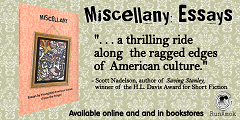
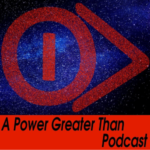

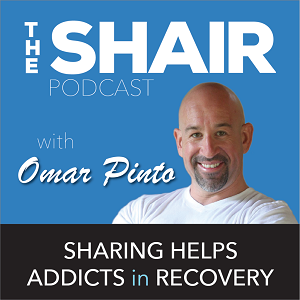
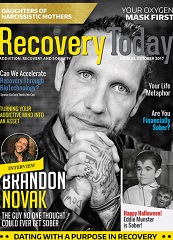
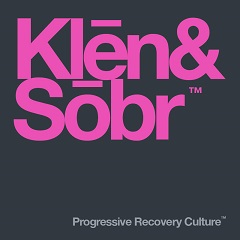



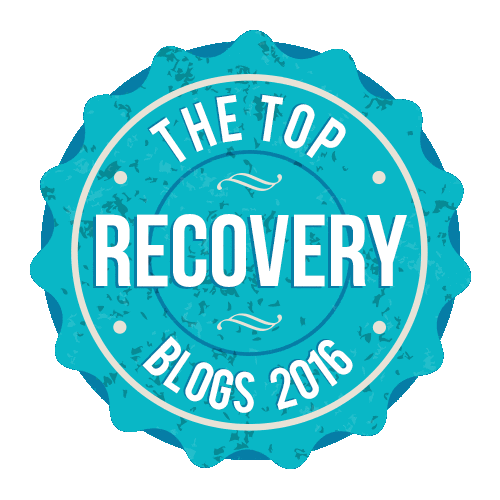
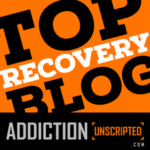
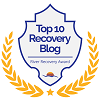
troglodite.but seriously its all in the connection.its automated answer services that annoy me
People now go with the “flood” because it is too disrruptive to their patterened lives to strive for the “air”. That does not make it right or wrong– it just makes it sad. It is sad because the “peace of mind” they seek becomes harder and harder to find due to the rising “flood” levels. But, then they hit, find, an island– they get fired, divorced, go to AA, “hit a wall”—whatever and realize, suddenly, they are breathing again, feel different, alive –it’s the about the “air”.
I think drugs and alcohol are a way of reading the Cliff notes. You sort of experience your life, but can numb the painful and boring parts. It’s a great system except that it leads to more painful parts and dulls the good parts. It’s like watching a movie underwater.
Great post!